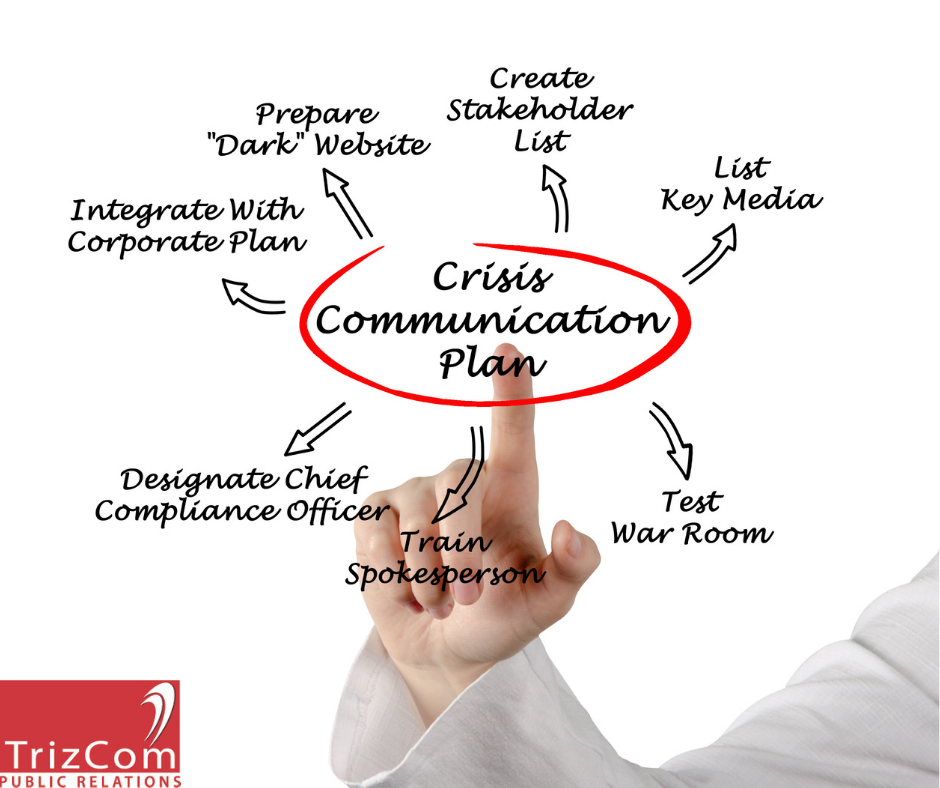How to Communicate During a Corporate Crisis
In today’s fast-paced and digital world, corporate crises can happen at any moment. Whether it’s a product recall, a data breach, or a public scandal, how a company handles communication during a crisis can make or break its reputation. In this article, we will discuss the best practices for communicating effectively during a corporate crisis.
Be Transparent and Honest
The most important thing to remember during a corporate crisis is to be transparent and honest with your stakeholders. Admitting fault and taking responsibility for the situation shows that your company is accountable and trustworthy. Providing accurate and timely information is crucial in maintaining your company’s credibility.
Establish a Crisis Communication Team
It’s essential to have a designated crisis communication team in place before a crisis occurs. This team should include key decision-makers, public relations professionals, legal counsel, and any other relevant stakeholders. Having a team in place ensures that communication efforts are coordinated and consistent.
Develop a Communication Plan
A well-thought-out communication plan is essential during a corporate crisis. This plan should include key messages, designated spokespersons, communication channels, and a timeline for updates. It’s important to anticipate potential questions and concerns from stakeholders and have prepared responses ready.
Monitor Social Media and News Coverage
During a crisis, social media and news outlets can amplify the situation and shape public perception. It’s crucial to monitor social media channels and news coverage closely to address any misinformation or negative sentiment. Responding quickly and transparently can help prevent the spread of false information.
Use Clear and Consistent Messaging
Clear and consistent messaging is key to effective communication during a crisis. All communications should be aligned with your company’s values and objectives. Avoid using jargon or technical language that may confuse stakeholders. It’s important to speak in a language that is easy to understand and relatable.
Utilize Multiple Communication Channels
During a crisis, it’s essential to communicate through multiple channels to reach all stakeholders effectively. This includes press releases, social media updates, email communications, and any other relevant platforms. Providing updates through various channels ensures that your message reaches a wider audience.
Prepare for Different Scenarios
It’s crucial to prepare for different scenarios and potential outcomes during a corporate crisis. This includes developing response strategies for various situations and having contingency plans in place. Being prepared for all possibilities helps your company respond quickly and adapt to changing circumstances.
Seek Feedback and Learn from the Crisis
After the crisis has been resolved, seek feedback from stakeholders and evaluate your communication efforts. What worked well? What could be improved for future crises? Learning from the crisis and implementing changes based on feedback helps your company become more resilient and better prepared for any future challenges.
In conclusion, effective communication during a corporate crisis is essential for maintaining trust and credibility with your stakeholders. By being transparent, honest, and proactive in your communication efforts, you can navigate through a crisis successfully and emerge stronger on the other side. Remember to have a crisis communication team in place, develop a communication plan, monitor social media and news coverage, use clear and consistent messaging, utilize multiple communication channels, prepare for different scenarios, and seek feedback to learn and improve from the experience.


